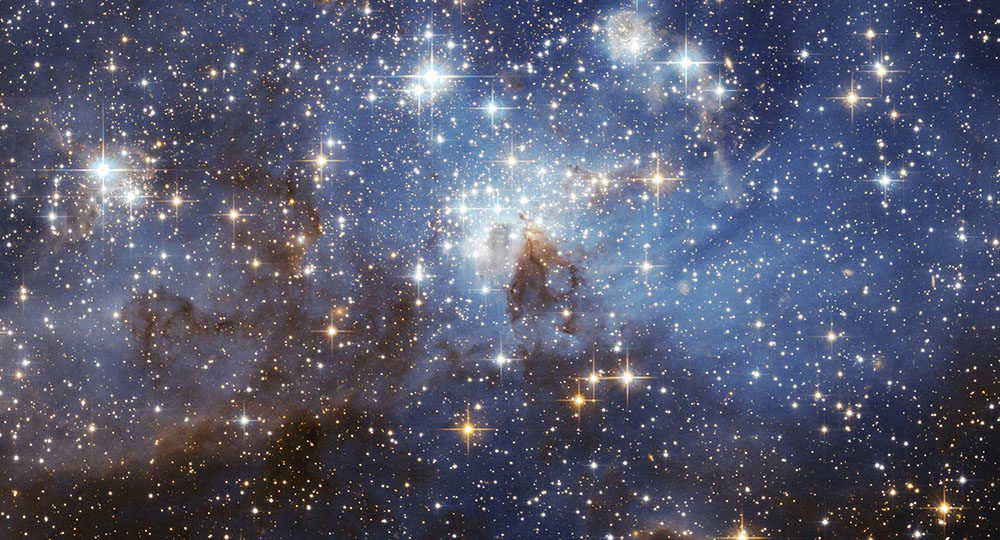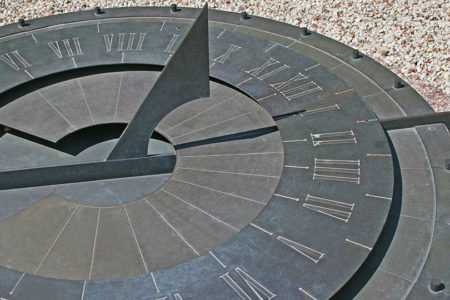Holy, Holy, Holy
As Isaiah gazed into the vastness of God’s throne room, the reverberating praise of seraphim shook the very doorposts: “Holy, holy, holy is the Lᴏʀᴅ of hosts; the whole earth is full of His glory!” (Isa. 6:3).
Whether a vision or a glimpse into unseen reality, one thing is certain: the Jewish prophet was never the same. God’s holiness so deeply impacted him that, in the book of Isaiah, he referred to God as “the Holy One of Israel” 29 times.
The Hebrew word kadosh, translated “holy,” literally means “separate,” or “set apart.” God not only transcends everything in creation, He is the antithesis of all that is profane and evil. The late Victor Buksbazen, a theologian and Hebrew scholar, wrote, “The thrice repeated holy, holy, holy (trisagion) expresses emphatically the absolute holiness of God.”1 The apostle John captured God’s essence by stating, “God is light and in Him is no darkness at all” (1 Jn. 1:5).
There are, in fact, more references to God’s holiness in Scripture than to any other aspect of His being. The unmistakable message is that He is holy, and we are not. Only against this backdrop do we fully comprehend the reality of our fallen condition, and only from this vantage point can we wholly perceive the awesome privilege of having a relationship with the Almighty.
Understanding God’s holiness emphasizes that trifling with God is futile, and wholehearted obedience is the only legitimate response.
God is who He is because He is holy; holiness most effectively expresses His identity. Nothing in any way contravenes His infinite holiness because it governs His every attribute, attitude, and action.
The great Lewis Sperry Chafer explained:
The holiness of God is active. As a primary motive, it incites all that He does; therefore He is righteous in His ways….It is observable in every divine attitude and action. It embraces not only His devotion to that which is good, but is also the very basis and force of His hatred of that which is evil.2
Consequently, the psalmist declared, “God is angry with the wicked every day,” yet “the Lᴏʀᴅ preserves all who love Him” (Ps. 7:11; 145:20).
Isaiah described God as “the High and Lofty One who inhabits eternity, whose name is Holy” (Isa. 57:15).
However, despite His holiness, God is not sequestered in some far-flung corner of the universe fearing contamination from His fallen creation. His relationship with humanity is not a “quiescent aloofness…but a vital, pulsating near-ness.”3 The psalmist assures us, “The Lᴏʀᴅ is near to all who call upon Him” (Ps. 145:18). The apostle Paul said that God “is not far from each one of us” (Acts 17:27).
It is astounding that the Creator of the universe, who is infinitely holy, is attentive to every facet of His creation and readily available to all who seek Him.
When we understand the awesome holiness of God, we, like Isaiah, can never be the same. Seeing God as He really is inevitably produces not only genuine reverence and passionate obedience, but also a profound sense of gratitude.
ENDNOTES
- Victor Buksbazen, The Prophet Isaiah (1971; reprint: Bellmawr, NJ: The Friends of Israel, 2008), 139.
- Lewis Sperry Chafer, Systematic Theology (Dallas, TX: Dallas Seminary Press, 1947), 1:202.
- Ibid.







